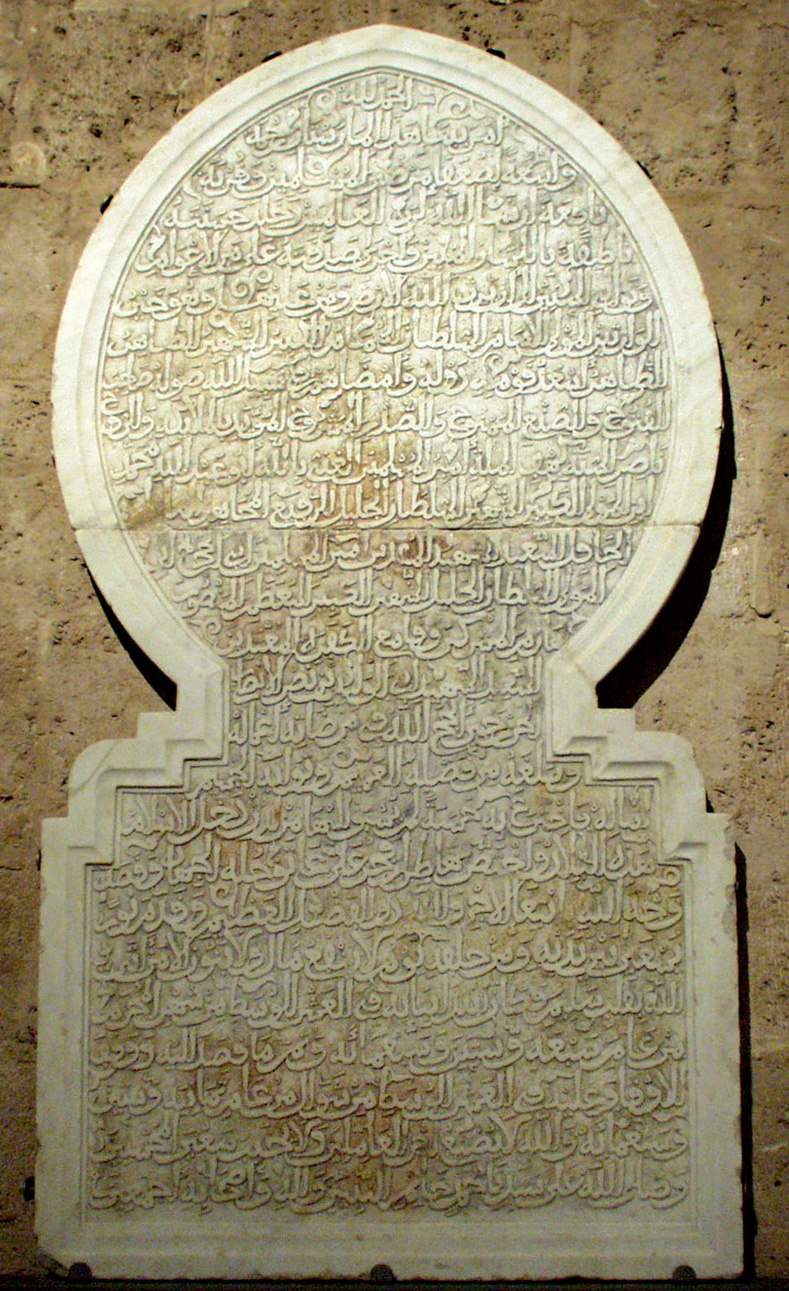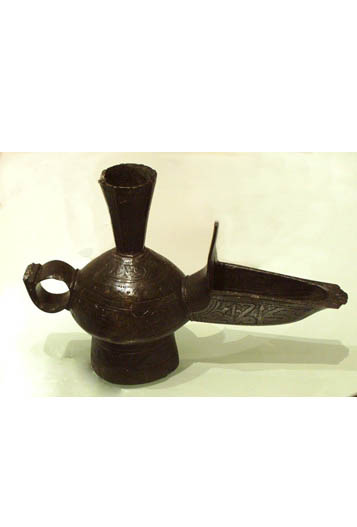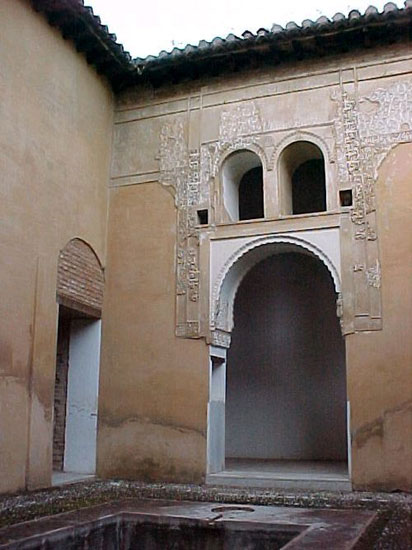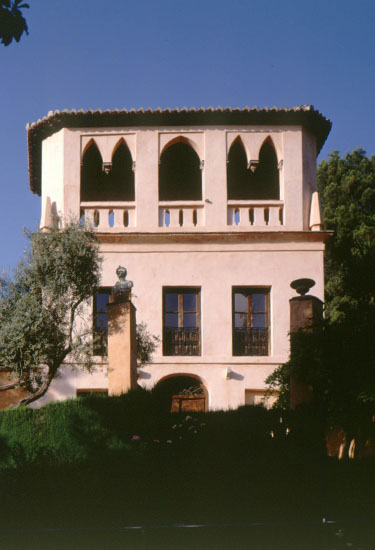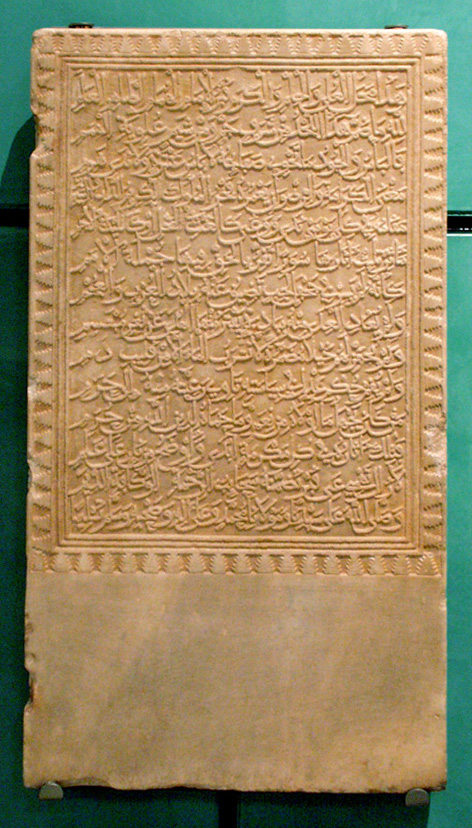The pomegranate of the Gardens of the Partal
Description: Punica granatum, the pomegranate, is a shrub or small deciduous fruit tree that can reach 5 to 8 m high and whose fruit is the pomegranate.
Etymology: The genus name Punica comes from the Phoenicians who brought this plant for the first time to Rome. The name of the specie, granatum, derives from the Latin adjective granatus, that means ‘with grains’. In classical Latin the name of the specie was Malum punicum or Malum granatum, where “malum” is apple. This has influenced the name given to it in many languages (eg English Pomegranate, German Granatapfel or Italian Melograno), that means “apple with seeds”. Another widespread root for “pomegranate” is the Egyptian and Semitic rmn, wich is founded in the ancient Egyptian and Hebrew rimmôn, and in the Arab rummân. This root has been incorporated into some other languages (eg Portuguese Romã).
History: Its use is known since at least 5000 years in western Asia and North Africa. It was in the Hanging Gardens of Babylon and the Egyptian bas-reliefs. The Bible makes numerous references to this fruit. The Berbers brought this plant to Europe and to the city of Granada, that was founded in the tenth century and took named from this fruit. It is considered as one of the trees of Paradise by the Islamic koranic references. Many people have seen the pomegranate as a symbol of love, fertility and prosperity.
Did you know … the pomegranate that you are watching is the cultivar ‘Pleniflora’ with has colorful and durable flowers, but not edible fruits.





 Contact
Contact






